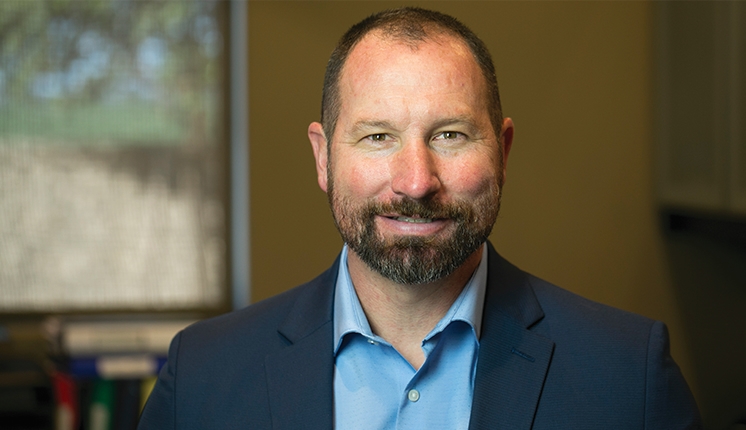
This is the third installment of the RCRC Board Member Spotlight, a recurring feature of the Barbed Wire! The Board Member Spotlight is intended to familiarize subscribers with RCRC Board members, providing insights from their background in public service to their views on pressing rural county issues. RCRC is pleased to introduce the subject of our third Board Member Spotlight, Santa Barbara County Supervisor and RCRC’s 2025 Second Vice Chair, Bob Nelson.
1. What inspired you to pursue a career in public service?
Public service runs in my family—my father was a minister, and my mother worked as a dispatcher and administrative assistant for our County Sheriff’s Department. I was also deeply influenced by teachers and coaches in high school, who guided me toward my first career in education. Their dedication to serving others instilled in me a passion for leadership and community service.
2. What is one piece of advice you might share with a newly elected county supervisor based on your experience?
Don’t be afraid to ask what might seem like “stupid” questions. County government is complex, especially for those without prior experience in municipal finance or administration. You were elected to be the voice of the average citizen, and the more you ask and learn, the better you can represent your community.
3. What makes your community unique?
I live in northern Santa Barbara County, a hardworking, blue-collar region made up of farmers, ranchers, and oil workers. It’s a stark contrast to the southern part of our county, which is more urban, affluent, and home to billionaires, movie stars, and royalty. We fight every day to ensure our voices are heard and that we receive the equity we deserve—much like rural counties across California advocating for their needs in Sacramento.
4. What is a policy or initiative in your county of which you are most proud?
I am most proud of two major accomplishments. First, we have significantly strengthened our county’s financial position—we are nearing a fully funded pension system, maintaining a balanced five-year budget, and making critical investments in deferred maintenance and infrastructure. These achievements require long-term fiscal responsibility across multiple board terms.
Second, I have led the development of a 94-unit “tiny home” bridge shelter to address homelessness in our community. By combining shelter, services, and compassionate enforcement, we’ve made meaningful progress in reducing unsheltered homelessness in Santa Barbara County.
5. How long have you served on the RCRC Board and why do you believe the work of RCRC to be important?
I have served on the RCRC Board since our county joined in 2021. This is my fifth year on the Board and my third year on the Executive Committee. I believe in RCRC’s work for the same reason I believe in county government—it is the closest and most impactful level of government for our residents. The decisions we make today don’t just affect people in theory; they impact our neighbors in real, tangible ways.
6. What do you view as the most pressing rural county issue for RCRC to engage on over the next few years?
Ensuring our voices are heard and our needs are recognized will always be a top priority. However, I believe infrastructure investment will be one of the greatest challenges in the coming years. As we navigate difficult budget cycles and strained relationships with state and federal partners, we must continue advocating for the resources our communities need to thrive.
7. What is something about you that people may be surprised to learn?
I am a CIF Championship-winning high school water polo coach—and I used to run a crematory.
